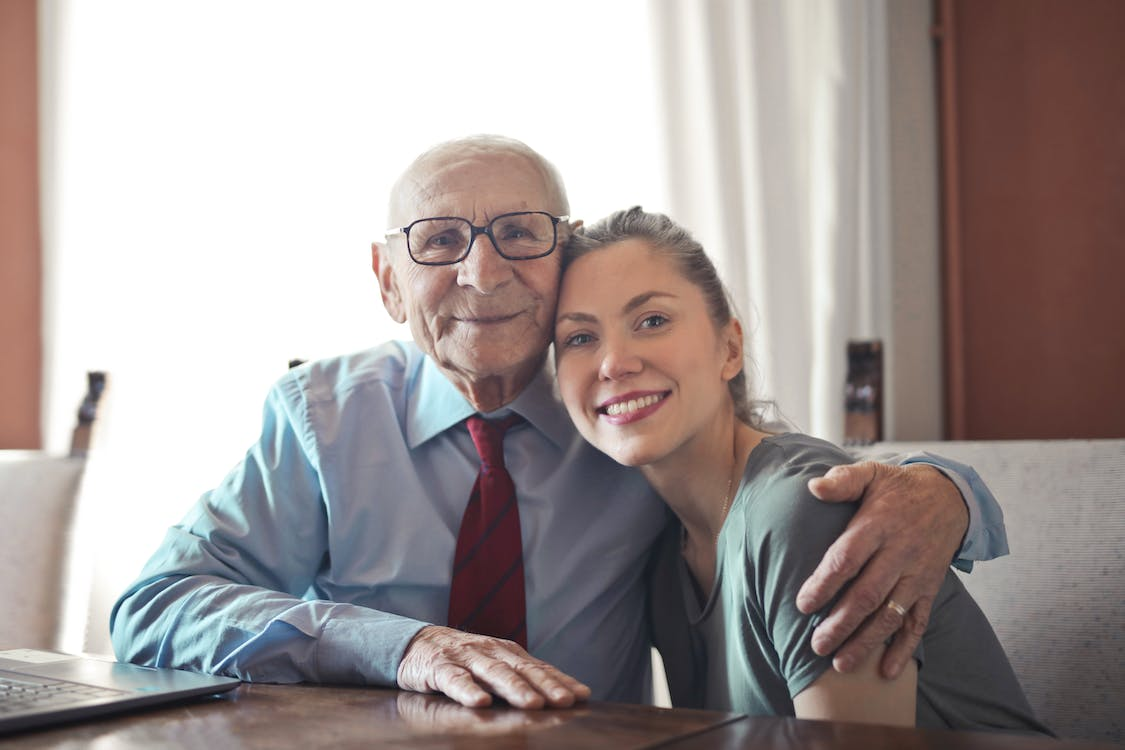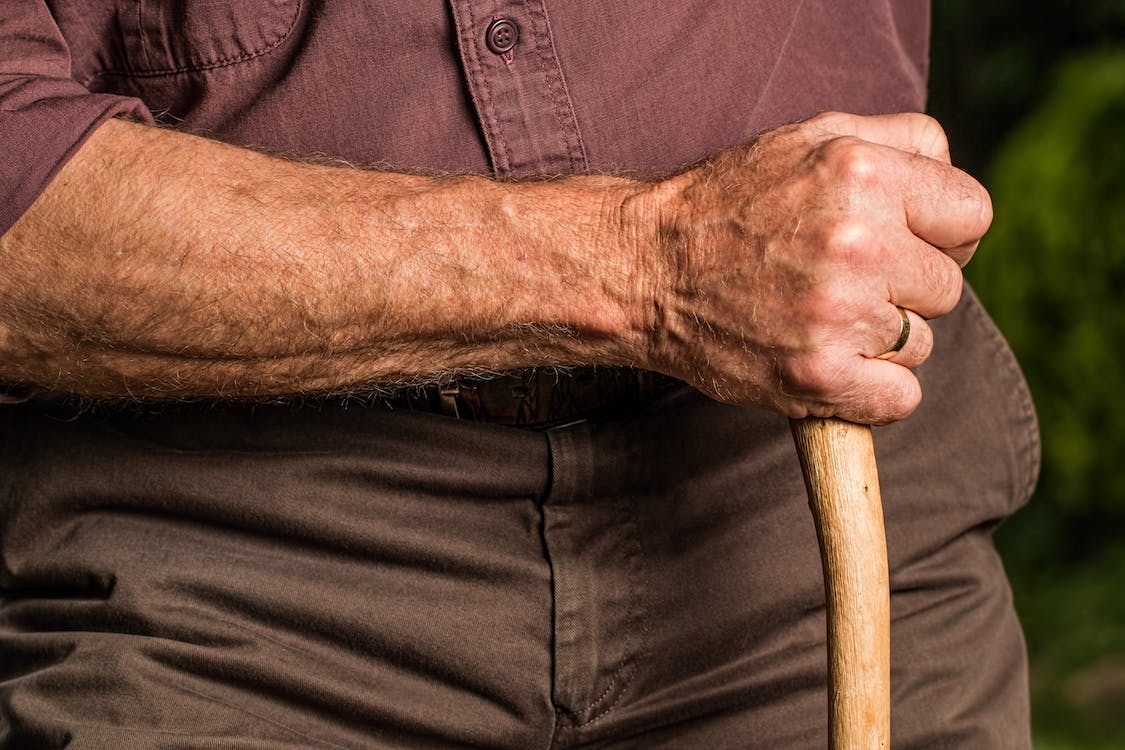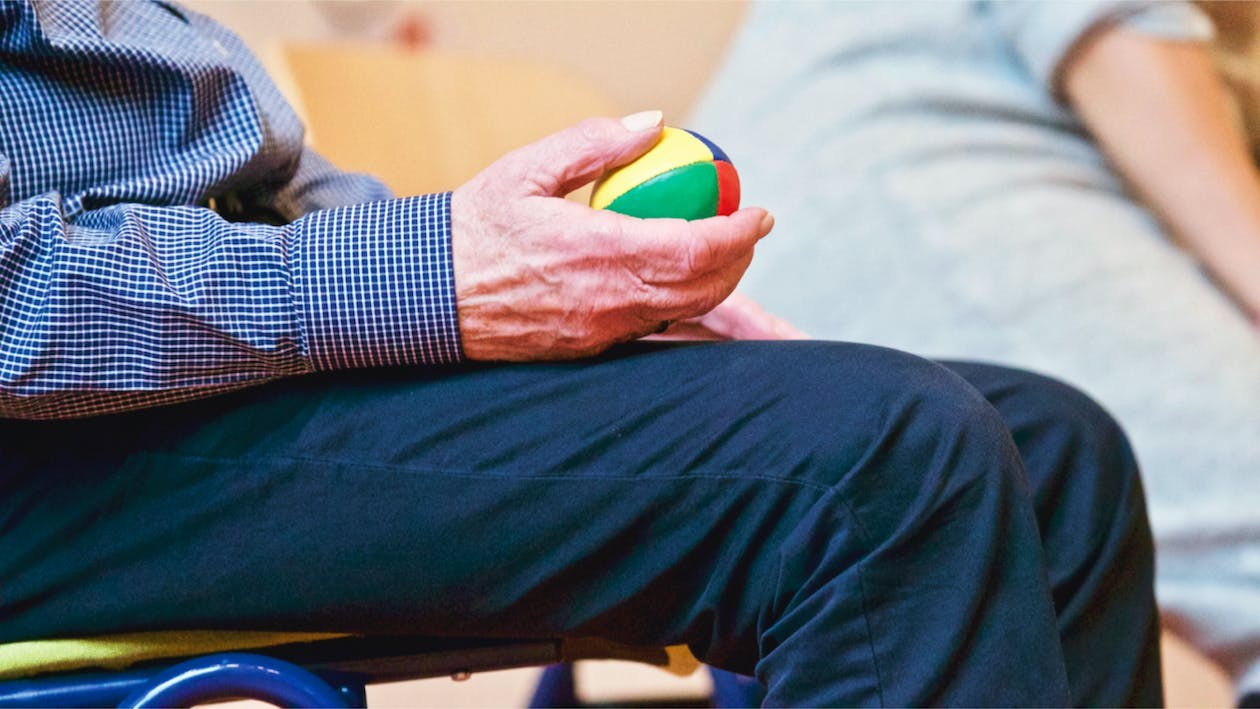In the pursuit of aging gracefully, it’s no surprise that 90% of seniors express a desire to age at home. The familiarity of the surroundings, coupled with the convenience of comprehensive health support, makes the home an ideal haven for the elderly.
However, as mobility issues and chronic conditions become more prevalent with age, the need for additional care and support becomes apparent.
In such cases, in-home caregiving emerges as a vital solution, providing tailored assistance while allowing seniors to maintain their independence and cherished routines.
Understanding In-Home Healthcare
In-home healthcare is a personalized approach to caregiving that brings comprehensive support directly to an individual’s residence. This form of care is particularly beneficial for those who prefer the comfort and familiarity of their own homes or have health conditions that make it challenging to access traditional healthcare settings.
In-home caregivers cater to individuals of varying ages, health statuses, and specific needs, offering a spectrum of services tailored to the unique requirements of each person.
Two primary categories characterize in-home healthcare: medical care and non-medical care.
Medical care involves skilled professionals such as nurses, physical therapists, or other healthcare practitioners who deliver clinical services. This can include administering medications, wound care, physical therapy, and monitoring vital signs.
On the other hand, non-medical care encompasses a broader range of assistance aimed at enhancing daily living activities. This may involve personal care services like bathing, grooming, and companionship, as well as household tasks such as meal preparation and light housekeeping.
The type of in-home care a person receives is contingent upon their age, health condition, and specific needs, showcasing the versatility of this caregiving model in addressing a diverse array of individual requirements.
When families opt for in-home health care, they embark on a journey that begins with a thorough consultation led by a registered nurse or caregiver. This initial step is crucial, as it ensures a deep understanding of the patient’s unique needs and requirements. The caregiver then meticulously crafts a personalized care plan tailored to address every specific aspect of the patient’s well-being.
Beyond qualifications and training, the right in-home caregiver is chosen for compatibility, fostering a positive and supportive relationship with the patient.
Building Connections: Emotional Support and Companionship

One of the primary roles of an in-home caregiver is to provide emotional support and companionship. Beyond medical assistance, these caregivers become trusted companions, fostering a sense of connection and well-being for the patient.
They engage in meaningful conversations, share activities, and create an environment that promotes emotional and mental health.
Assistance in Daily Living: Chores, Meals, and Appointments
In-home caregivers extend their support to the daily activities that contribute to a patient’s overall quality of life. This includes assistance with everyday chores such as grocery shopping and meal preparation, ensuring the patient’s nutritional needs are met.
Caregivers also provide transportation to appointments, ensuring that medical visits are attended punctually and efficiently.
Enhancing Mobility and Physical Care
Maintaining mobility is a key focus of in-home health care. Caregivers assist individuals with tasks like moving from a wheelchair to the bed, promoting physical activity within the patient’s comfort and ability levels.
Additionally, caregivers lend a helping hand with housekeeping tasks, ensuring a safe and comfortable living environment.
Personal Hygiene and Grooming
In-home caregivers take on the responsibility of aiding with personal care tasks such as grooming, dressing, and bathing. This not only ensures the patient’s physical well-being but also upholds their dignity and self-esteem.
The Comforts of Home

Seniors often gravitate towards aging at home due to the comfort and security it offers. Familiarity with the environment plays a crucial role in maintaining mental and emotional well-being.
In-home caregiving aims to preserve this sense of comfort by bringing professional assistance directly to the doorstep. This ensures that the elderly can continue enjoying the warmth of their own space, surrounded by memories and the things they hold dear.
Comprehensive Health Support
One of the primary advantages of in-home caregiving is the provision of comprehensive health support. As seniors age, they may face various health challenges, from managing chronic conditions to coping with decreased mobility. In-home caregivers are trained to address these specific needs, offering a personalized approach that goes beyond mere medical assistance.
This can include help with daily activities, medication management, and even emotional support, fostering a holistic environment for overall well-being.
Tailored Assistance for Mobility Challenges

For seniors facing mobility challenges, in-home caregiving becomes a beacon of support. Whether it’s assistance with getting in and out of bed, moving around the house, or accompanying them on outdoor activities, caregivers are adept at providing the necessary aid without compromising the senior’s independence.
This tailored approach ensures that the elderly can continue to engage in activities they enjoy, promoting a more fulfilling and active lifestyle.
Emotional Benefits
In addition to physical support, in-home caregiving addresses the emotional needs of seniors. The companionship provided by caregivers can alleviate feelings of loneliness and isolation, contributing significantly to mental well-being.
Engaging in meaningful conversations, participating in hobbies, or simply having a comforting presence can make a profound difference in the overall quality of life for seniors receiving in-home care.
When Is It Time for In-Home Care?

Navigating the Transition: Recognizing When In-Home Caregiving is Essential
Caring for an aging loved one with memory issues, mobility challenges, or chronic health conditions is a deeply rewarding yet undeniably demanding responsibility. Beyond attending to their everyday needs and providing physical assistance, caregivers must also address emotional well-being and companionship and strive to promote a sense of independence.
However, there comes a point when the complexities of caregiving necessitate additional support. Recognizing the signs that it’s time for in-home caregiving is crucial for ensuring the well-being of both the caregiver and their loved one.
Forgetfulness and Cognitive Decline
A noticeable increase in forgetfulness is often an early indicator that in-home caregiving may be required. Memory issues, such as forgetting names, appointments, or even basic daily tasks, can significantly impact the safety and well-being of the individual. In-home caregivers are trained to manage and support those experiencing cognitive decline, providing the necessary assistance to ensure a safe and comfortable environment.
Inability to Manage Personal Hygiene
When a loved one struggles with personal hygiene and self-care, it’s a clear sign that additional help is needed. In-home caregivers are adept at assisting with activities of daily living, including bathing, grooming, and dressing. Maintaining personal hygiene not only contributes to physical health but also plays a crucial role in preserving one’s dignity and self-esteem.
Poor Eating Habits and Meal Preparation Challenges
Nutrition is a cornerstone of overall health, and when an aging individual faces difficulties in meal preparation or displays poor eating habits, it can lead to various health issues. In-home caregivers can ensure that nutritious meals are prepared, taking into account any dietary restrictions or preferences. This support contributes to the physical well-being of the individual and alleviates the stress on family caregivers.
Unsafe Driving Practices
For many seniors, driving becomes increasingly challenging due to age-related decline in vision, reaction time, and overall mobility. Recognizing the signs of unsafe driving, such as frequent accidents or near misses, is crucial.
In-home caregivers can provide transportation assistance, ensuring that your loved one can maintain a level of independence without compromising their safety or the safety of others on the road.
Social Isolation and Loneliness

Feelings of isolation and loneliness can have a significant impact on the mental and emotional well-being of seniors.
In-home caregivers not only provide essential assistance but also offer companionship and emotional support. Engaging in meaningful conversations, accompanying them to social activities, and facilitating connections with friends and family help combat the negative effects of isolation.
Balance Problems and Unsteady Gait
Balance issues and an unsteady gait increase the risk of falls, which can have severe consequences for seniors. In-home caregivers are trained to create a safe living environment, implement fall prevention strategies, and provide physical assistance when necessary. This proactive approach enhances the overall safety and quality of life for aging individuals.
Recognizing these signs is pivotal in making informed decisions about transitioning to in-home caregiving. By addressing the evolving needs of aging loved ones, families can ensure that their cherished seniors receive the comprehensive care required for a fulfilling and dignified life.
In-Home Care and Home Modifications
In the realm of in-home care for aging individuals, the focus extends beyond providing mere assistance; it encompasses the imperative task of enhancing their overall quality of life.
One vital aspect often overlooked is the modification of living spaces to cater to the unique needs and safety concerns of seniors. Home renovations tailored to the aging population can significantly contribute to a safer and more comfortable environment.
Here’s a comprehensive guide to essential modifications that can be considered:
Grab Bar Installation
Falls pose a significant risk to seniors; hence, strategically placing grab bars in key areas, such as bathrooms and hallways, can provide crucial support and stability.
Raised Toilet Seats
Installing raised toilet seats minimizes the strain on the knees and makes it easier for seniors to sit down and stand up, promoting independence and reducing the risk of falls.
Walk-In Showers
Eliminating the need to step over a high tub edge, walk-in showers enhance accessibility, providing a safer bathing experience for seniors with mobility challenges.
Lift Chairs
These motorized chairs gently lift individuals to a standing position, facilitating easier movement for those with limited mobility or strength.
Bed Rails
Bed rails offer support and prevent accidental falls during the night, providing seniors with a sense of security.
Home Elevators and Stair Lifts
For multi-story homes, installing home elevators or stair lifts ensures that seniors can navigate between floors effortlessly, reducing the risk of falls on stairs.
Shower Chairs
A shower chair in the bathroom provides a comfortable and secure seating option for seniors who may find standing for extended periods challenging.
Wheelchair Ramps
To ensure smooth transitions between different levels of the home, wheelchair ramps are indispensable for seniors using mobility aids.
Medical Alert Systems
These systems allow seniors to call for help in emergencies, providing peace of mind for both them and their caregivers.
Mobility Scooters
Enhancing outdoor mobility, mobility scooters enable seniors to maintain an active lifestyle and engage with the community.
Hearing Aids
Improving auditory function, hearing aids contribute significantly to a senior’s overall well-being by enhancing communication and connection.
Pill Organizers
Simplify medication management by using pill organizers, reducing the risk of missed doses, and promoting medication adherence.
Heart Rate Monitors
Monitoring cardiovascular health becomes more accessible with heart rate monitors, allowing caregivers to track vital signs and respond promptly to any irregularities.
Prioritizing home renovations alongside in-home care not only ensures the safety of aging individuals but also cultivates an environment where they can maintain their independence and quality of life. These thoughtful modifications serve as a testament to the commitment to providing comprehensive and holistic care for our elderly loved ones.
Get Comprehensive In-Home Caregiving Services For Your Elderly Loved Ones with King’s Grace Homecare
As families navigate the challenges that come with aging, in-home caregiving stands as a beacon of compassion, providing the necessary bridge between aging at home and receiving the care that ensures a thriving and fulfilling life.
Now that you know all about in-home caregiving, it’s time to find highly qualified caregivers for your aging loved ones in Marion County.
At King’s Grace Homecare, we ensure we provide professional caregiving services for TBI patients, 24-hour nursing care, and personalized care for seniors.
Our team of well-trained and knowledgeable caregivers have over a decade of experience providing caregiving services and know how to provide tailored services that meet your loved one’s specific needs and requirements.
At our leading caregiving agency, you won’t just get comprehensive care and support but also companionship and proper assistance.
Reach out to us now to schedule a consultation and learn more about the assisted living opportunities at our agency.


